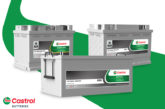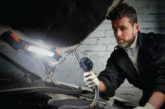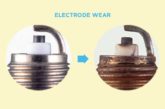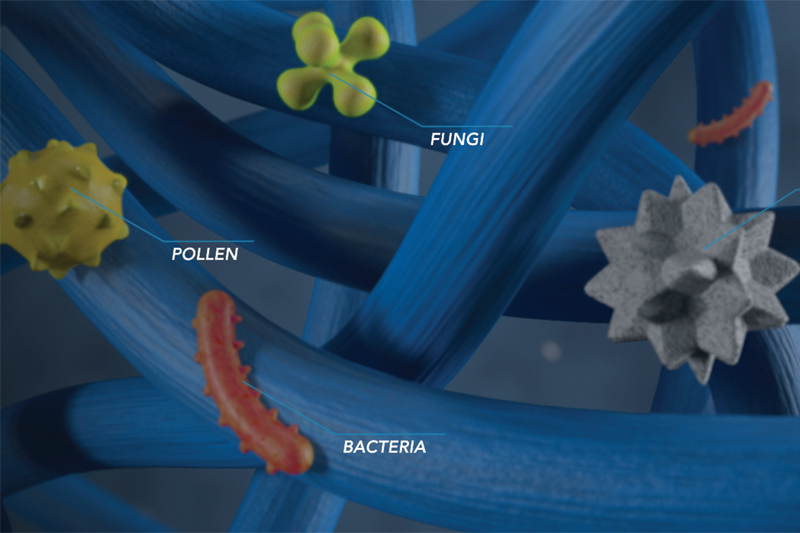
Karl Ridings, Sales Director UK & Ireland – Aftermarket of UFI Filters, explains how the company’s range of ARGENTIUM filters can contribute to effective purification of the air inhaled by passengers.
A properly functioning cabin air filter is of utmost importance. Although the concentration of dust in the atmosphere and the presence of various harmful particles such as PM10 and PM2.5 varies with weather conditions and geographic location, levels inside the vehicle can be as high as six times the outdoor level. This is due to the tunnel effect created by the ventilation circuit. The direct effects of poor air quality on both drivers and passengers include allergies, sore throat, sneezing, reduced alertness and even poor visibility due to condensation on the windscreen and windows.
In the past, there were mainly two kinds of cabin air filters – anti-pollen filters with a synthetic non-woven fabric, and filters made of a filtering non-woven fabric combined with active carbon.
The former can hold back over 90% of particles with a diameter greater than 2.5μm, such as dirt and pollen. The latter on the other hand, can prevent particles of between 0.01 and 2μm, such as gases, bacteria, fungi, odours, from penetrating the cabin. Both solutions can be installed to the vehicle owner’s preferences, location and sensitivities, although this may depend on the particular vehicle model in question.
Preventing deterioration
Recently, manufacturers of cabin air filters have extended these product groups with new solutions that are designed to block and destroy bacteria even more efficiently.
Internal tests have shown that these solutions, however, tend to deteriorate over the course of multiple working cycles after installation.
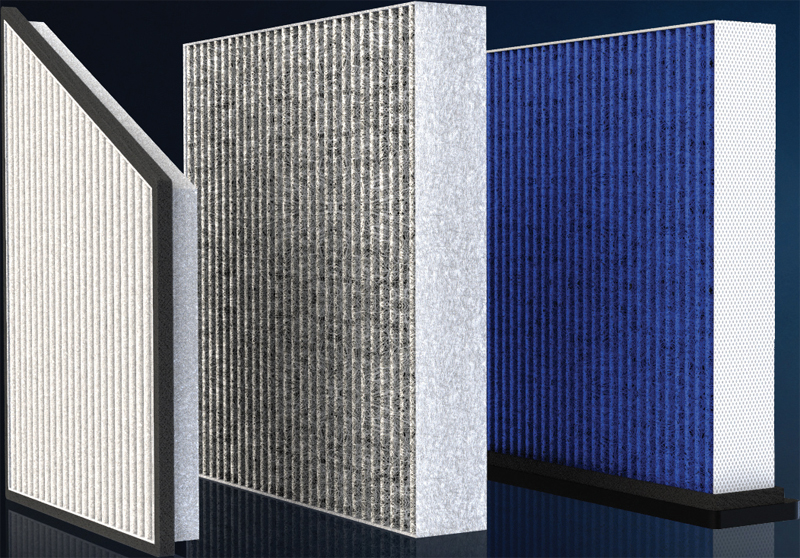
UFI Filters has developed an alternative concept called ARGENTIUM, which is able to maintain its full filtering properties throughout the filter’s entire lifetime. The design features fibres that are distinct by their blue colour and a special fabric structure which incorporates silver particles that deliver powerful antimicrobial characteristics. Tests carried out at the UFI Innovation Centre, moreover, have shown that this product maintains its ability to neutralise bacteria, fungi and mould, reducing the bacterial load by over 99%.
The new filtering media is composed of three layers: antimicrobial, adsorbent and structural. Combined, these layers stop pollen, dirt, tyre-wear dust, fungi, bacteria, while absorbing SO2 (sulphur dioxide) and NOx (nitrogen oxides). Thanks to the presence of active carbon, the medium material ensures a filtration efficiency of at least 98.5% for particles with a diameter of 2.5 microns, as well as eliminating harmful gases and unpleasant odours. The filter is fully compliant with the ISO 11155-1 standard.
How to avoid filter malfunction
UFI recommends ensuring that the selected cabin filter corresponds to the application suggested in the catalogue, because the use of incorrect part numbers is a frequent cause of malfunction and even collapse of the filter.
Indications that a replacement is due may include a significant deterioration in the air quality, unpleasant odours or pollen particulates in the cabin, as well as poor visibility due to condensation that builds up on the windscreen and side windows. Garages should follow service procedures as suggested by both the vehicle and the filter manufacturer in order to achieve convenient service operations and prevent functionality issues.
The UFI ARGENTIUM cabin filter range is set to be launched in the second quarter of this year with initially 47 ‘fast moving’ references and further references to follow.




